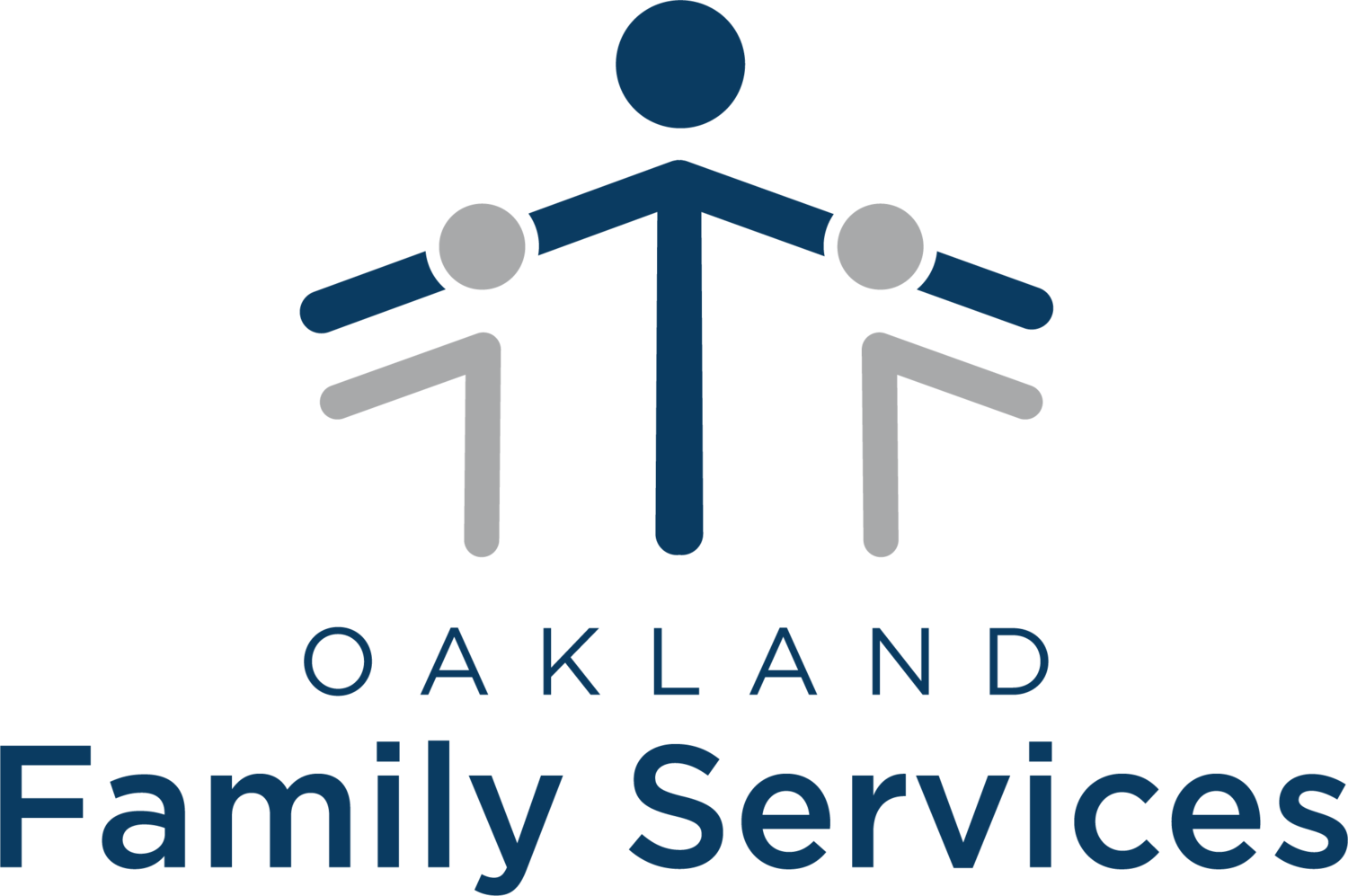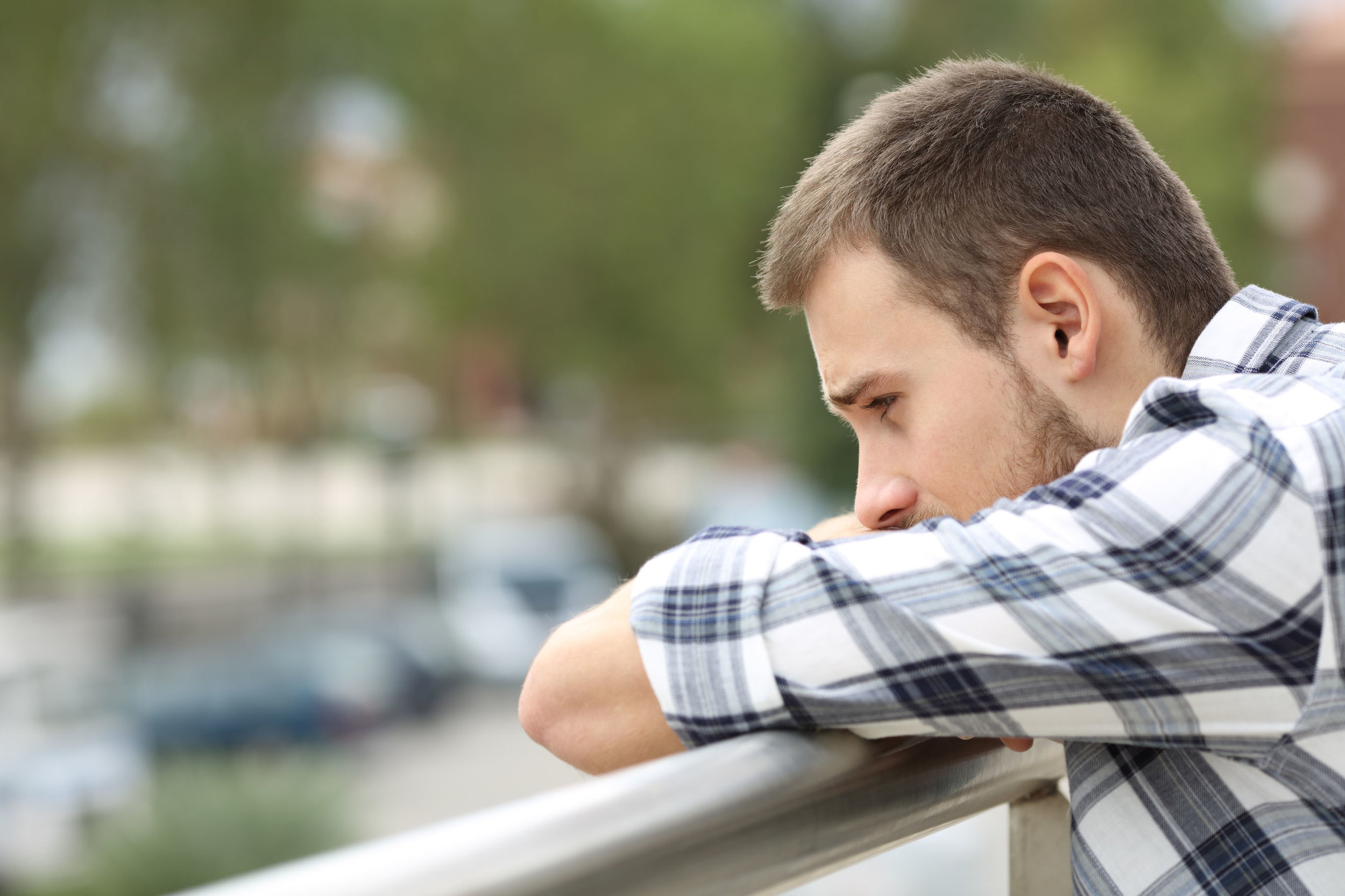Oakland Family Services and Day One work to create a stigma-free environment
Words hurt.
Labels such as "bipolar," "schizo," and "crazy" are very hurtful for those living with a mental illness, who deserve to be recognized as individuals and not their diagnosis. Many are so fearful of being labeled they are avoiding the very treatment that could help them.
Oakland Family Services is working with other agencies to create a stigma-free culture as part of Begin Ending Stigma Today (BEST). The workgroup meets regularly at Oakland Community Health Network to address stigma within the public mental health system.
“Stigma is demeaning, disrespecting, and discriminating others,” said Glenda Vidosh, who represents Oakland Family Services on BEST. “We want people to be looked at as individuals, not their mental illness. People who are so riddled with anxiety or depression and can’t get out of bed shouldn’t be called lazy. They are not lazy. They have a condition.”
Through BEST, Vidosh and other agency representatives are educating people about stigma and trying to create a stigma-free environment. To raise awareness within Oakland Family Services, Vidosh plans to give each employee promotional materials with the BEST logo.
Vidosh understands too well, how stigma can affect a person. Her daughter, who is emotionally impaired, was often called “stupid” and “one of those kids” by her peers for being in a special education class.
“She did not feel like a part of anything,” Vidosh said. “She was not a part of a traditional classroom and didn’t fit in with special ed kids so it exasperated her condition. My daughter isn’t a mental illness. My daughter lives with a mental illness.”
Stigma does not discriminate. It affects people of all races, gender, ethnicity and religion. BEST was formed in 2012 to address stigma and, over the years, has created a stigma brochure, posters for agencies, biweekly stigma wellness tips, and a video called “I’m Just Like You,” which can be found on the Oakland Community Health Network website. The group is now focusing on developing an educational program to use with the video.
“We continue to work and come up with different ways to address and remind and educate folks about stigma,” said Vicki Suder, chair of BEST and director of Rights & Advocacy at Oakland Community Health Network.
“People come to the public mental health system not at high point of their life. We need to be sure that we’re approaching people and giving them hope and respect, not stigmatizing them.”


